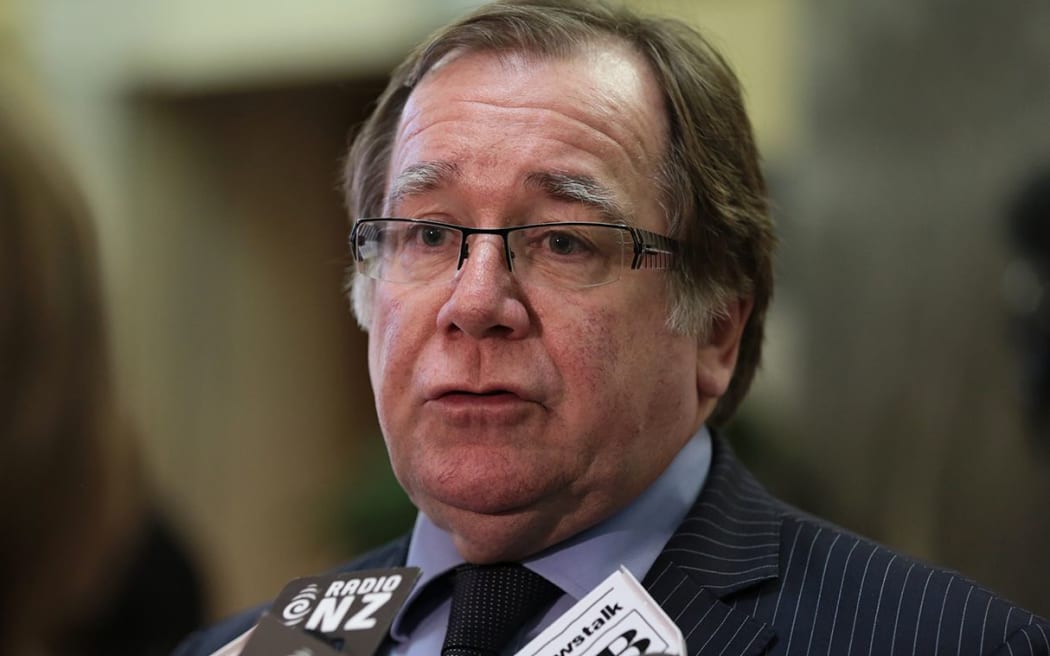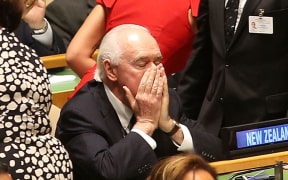New Zealand looks set to be in a placed in a difficult position as its two year election to the United Nations Security Council gathers momentum.

Murray McCully. Photo: RNZ / Diego Opatowski
New Zealand attends its first formal session tomorrow New Zealand time and will deal with United Nations attempts to stabilise the North African state of Mali.
But a far more controversial debate awaits New Zealand later in the month.
This will happen when fellow member Jordan re-introduces a motion requiring Israel to withdraw from the West Bank by a specified deadline.
A similar motion failed at the end of last year when only eight countries supported it.
Security Council rules required nine votes in favour as-well-as the absence of a great-power veto before a motion could be adopted.
Palestinian leader Mahmoud Abbas said he was discussing plans for Jordan to re-introduce the motion to take advantage of the Security Council's new membership, which would put New Zealand in the spot light.
The earlier motion was opposed by Australia and the United States, and criticised by Britain, which later abstained.
New Zealand was believed to be highly unlikely to vote against those three.
However Foreign Affairs Minister Murray McCully earlier said he believed there was pressure of time on achieving the New Zealand and big power consensus of separate states for Israel and Palestine, because Israeli settlements were reducing the amount of land available for a Palestinian state.
However several Western powers argued that Israel's withdrawal from Gaza in 2005 brought no peace for anyone, and there needed to be a proper political agreement before an Israeli withdrawal from the West Bank will work.
New Zealand was understood to share these concerns.
However it was saying little publicly about this, to avoid drawing any more flak than it has to.
Interviewed a few days ago, Mr McCully teasingly said New Zealand would have either voted yes or abstained on the earlier Jordanian motion.
But within a few weeks, New Zealand would have to come down off the fence.
Even if the new motion wins nine votes, it would almost certainly be vetoed by the United States.
However, there was likely to be pressure on New Zealand to ensure the motion lapses as it did last time, as a way of killing it off more quietly than a veto would.




